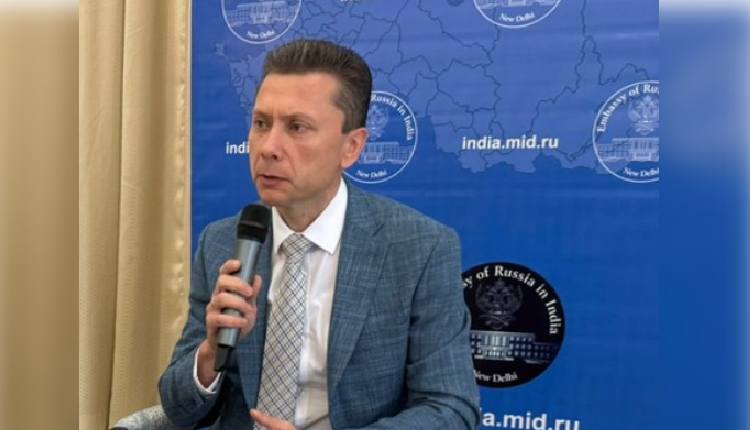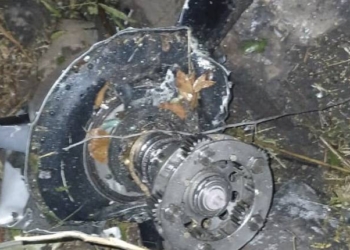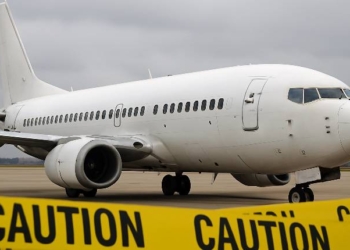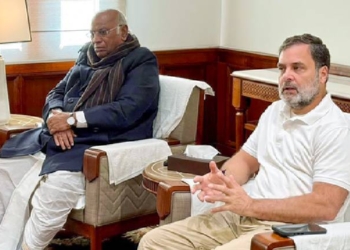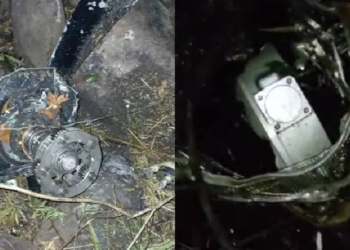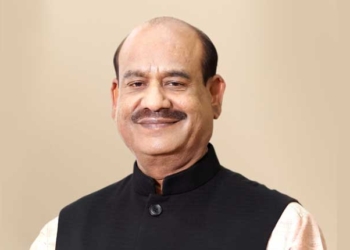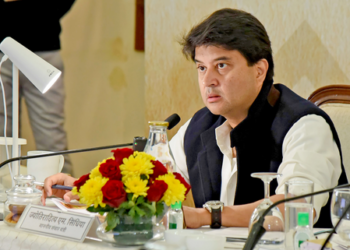New Delhi: India and Russia will not only continue but further expand their crude oil cooperation despite the United States planning to impose additional tariffs on India, Charge d’Affaires of Russia in India Roman Babushkin said on Wednesday.
“Absolutely, not only continue but it will be expanding because we have demonstrated our ability to overcome all the obstacles and any attempts to derail our cooperation based on national interests are doomed to fail,” Babushkin told IANS in an interview in New Delhi.
The comments come at a time when India faces additional tariffs imposed by Washington over discounted Russian oil purchases, a key factor that has helped New Delhi manage its energy security and inflationary pressures.
Russia remains one of India’s top suppliers of crude, often settling payments in national currencies to bypass Western sanctions.
On the much-discussed delivery schedule of the S-400 air defence missile system, Babushkin assured that the process was moving according to plan. “As far as I know, they are going according to the schedule,” he said.
As per the existing schedule, delivery of the two remaining squadrons of the S-400 Triumf surface to air missile system will be completed by 2026-2027.
The Russian diplomat also touched upon the prospects of reviving the Russia-India-China (RIC) trilateral dialogue on the sidelines of multilateral forums such as the Shanghai Cooperation Organisation (SCO).
“The importance of RIC is not questioned. When the right time comes, the meeting will take place. We used to have RIC engagements in different forums, so Russia would expect or hope to resume RIC and expect it to take place sooner rather than later,” he said.
The RIC grouping, seen as a balancing forum in Eurasian geopolitics, has been largely inactive in recent years amid heightened Sino-Indian tensions.
However, Moscow continues to position itself as a bridge between New Delhi and Beijing within multilateral institutions.
Babushkin’s remarks underscore Moscow’s push to shield and deepen strategic cooperation with India — in defence, energy, and diplomacy — even as global pressure mounts on both countries to recalibrate ties.
(IANS)




